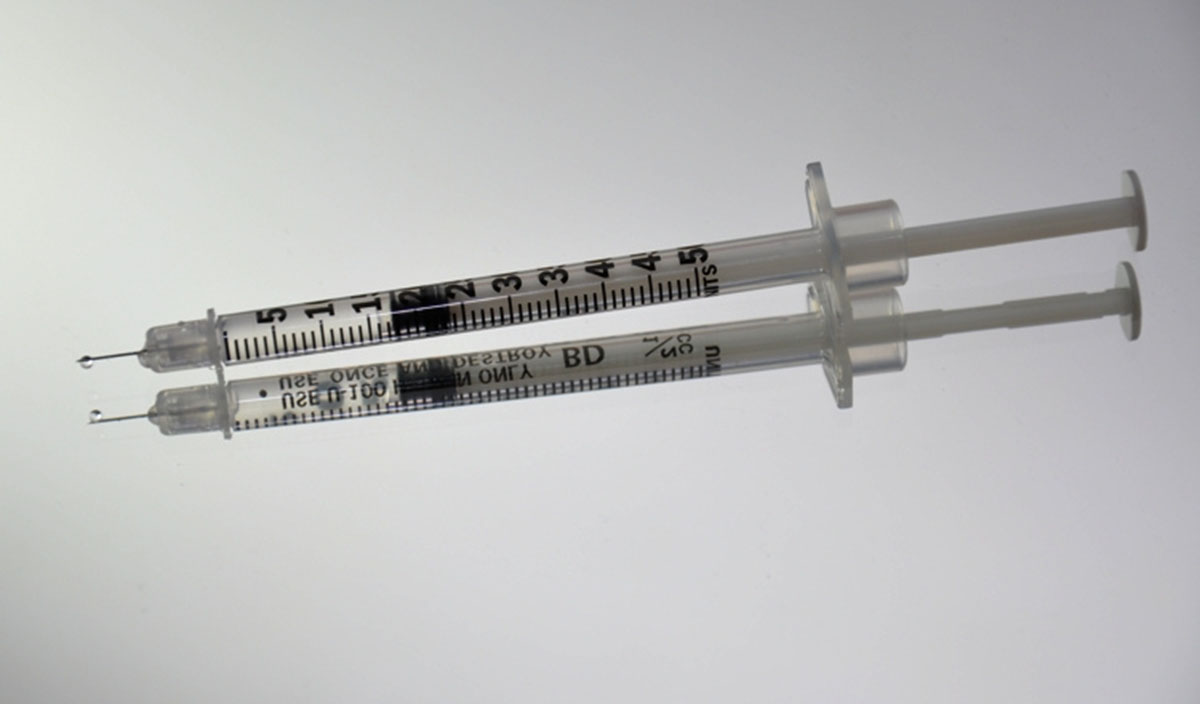Table of Contents
Liraglutide is belongs to the glucagon-like peptide-1 (GLP-1) receptor agonist classification of drugs. This means that its molecules bind to the receptors in the cell membranes found in the pancreas, which are meant for glucagon. Glucagon is a natural substance produced in the pancreas that increases blood sugar levels (an action that is opposite in nature to insulin, a substance that lowers blood sugar levels). Liraglutide is similar to glucagon and it acts by reducing the secretion of this substance. It therefore offsets the natural action of glucagon and enhances insulin secretion, thereby exerting a hypoglycemic effect (lowers blood sugar levels). It has also been found to slow gastric emptying, which results in a longer feeling of fullness. It is associated with a reduction of appetite, which may also lead to weight loss. Liraglutide is a long-acting drug that may be used once a day.

Three large clinical trials consistently showed that compared to placebo, liraglutide, when used at a dose of 3 mg/day for several weeks (20-56 weeks) in combination with a low calorie diet and increased physical activity, significantly reduced weight in obese participants. One study also showed that it produced greater weight loss than orlistat, another approved drug for the treatment of obesity. A weight loss of at least 5% from the original weight is considered as significant weight loss. Aside from this, researchers also found that some participants who used liraglutide were more likely to lose at least 10% of their weight than those who used placebo.
Aside from weight loss, studies showed that the use of liraglutide at 3mg/day led to other positive results, which included improvement of blood sugar levels in prediabetic and diabetic patients, lowering of high blood pressure and high cholesterol levels, and relief of sleep apnea. These suggest that liraglutide has the potential not only to promote weight loss, but also to prevent obesity-related medical conditions.
Long Term Effects Of Liraglutide
Since liraglutide is a relatively new drug, more studies have to be done to evaluate its long term effects. Although the initial results of the studies are encouraging, experts warn that its positive effects may only be achieved by combining its use with a healthy diet and regular exercise. Furthermore, in spite of studies showing that it is well tolerated, like any drug, liraglutide has some side effects. The most common adverse effects reported were nausea, diarrhea, constipation, vomiting, and low blood sugar. Serious side effects may include acute pancreatitis and acute gallstone disease, which are usually associated with significant weight loss. Other possible side effects include an increase in heart rate, renal impairment and suicidal thoughts.
Animal studies have shown that liraglutide injection may increase the risk that of developing malignant tumors of the thyroid gland, which may cause death if not treated early. Therefore, experts warn that people who have thyroid disorders, particularly a thyroid gland tumor, or a family history of the disease, should not use the drug.
See Also: Treating Gut Bacteria May Treat Diabetes
Disclaimer:
The information contained in this article is for educational purposes only and not meant to constitute or substitute professional medical advice. Please consult your doctor if you intend to use liraglutide for lowering blood sugar levels or for weight loss purposes.
- Medpage Today. FDA OKs Liraglutide for Weight Management. http://www.medpagetoday.com/PublicHealthPolicy/FDAGeneral/49321
- American Diabetes Association. Statistics About Diabetes. http://www.diabetes.org/diabetes-basics/statistics/
- Medline Plus. Liraglutide Injection. http://www.nlm.nih.gov/medlineplus/druginfo/meds/a611003.html
- Medscape. FDA Panel Endorses Liraglutide as Obesity Treatment. http://www.medscape.com/viewarticle/831609Photo courtesy of .v1ctor Casale. via Flickr: www.flickr.com/photos/v1ctor/10871254373
- Photo courtesy of .v1ctor Casale. via Flickr: www.flickr.com/photos/v1ctor/7615946548
- www.nlm.nih.gov
- www.diabetes.org
- www.medpagetoday.com

